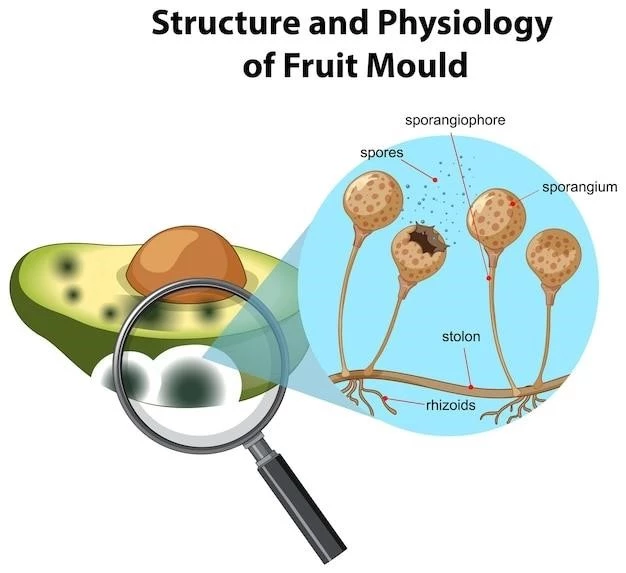Introduction to Orotidylic Decarboxylase Deficiency
A rare, severe genetic neurometabolic disorder linked to impaired neurotransmitter synthesis⁚ dopamine, noradrenaline, and adrenaline.
Orotic aciduria is an autosomal genetic condition characterized by excessive excretion of orotic acid in urine due to a deficiency in UMP synthase. This leads to megaloblastic anemia and potential developmental delays.
Causes and Mechanisms
Orotic aciduria is characterized by excessive orotic acid excretion due to a deficiency in UMP synthase, resulting in megaloblastic anemia and potential delays in development.
Overview of Orotic Aciduria
Orotic aciduria is characterized by an autosomal genetic condition where excessive orotic acid excretion occurs due to a deficiency in UMP synthase. This enzyme deficiency leads to complications such as megaloblastic anemia and potential developmental delays.
Deficiency of Uridine Monophosphate Synthase
Orotic aciduria, linked to a lack of UMP synthase, leads to the overproduction of orotic acid, contributing to megaloblastic anemia and developmental delays.
Symptoms of Orotic Aciduria
Individuals with orotic aciduria may experience symptoms such as megaloblastic anemia, developmental delays, and excessive excretion of orotic acid in urine due to the deficiency in UMP synthase.
Clinical Manifestations
Individuals with orotic aciduria may exhibit symptoms such as megaloblastic anemia and developmental delays due to impaired uridine monophosphate synthesis.
Diagnostic Approaches for Orotidylic Decarboxylase Deficiency
Diagnosing orotidylic decarboxylase deficiency involves tests to measure orotic acid levels in urine and genetic testing to identify mutations in the UMPS gene. Treatment focuses on managing symptoms and may involve dietary interventions and potentially gene therapy.
Treatment Options for Orotic Aciduria
Treatment for orotidylic decarboxylase deficiency involves managing symptoms like megaloblastic anemia and developmental delays. Strategies may include dietary modifications and potential gene therapy to address the underlying genetic cause.

Research and Advancements
Advancements in gene therapy offer promising treatment options for individuals with orotidylic decarboxylase deficiency, addressing the genetic root cause of the condition.
Gene Therapy for Orotidylic Decarboxylase Deficiency
Current research focuses on gene therapy as a potential treatment for orotidylic decarboxylase deficiency, offering hope for addressing the root cause of this rare genetic disorder.

Impact on Patients
Individuals with orotidylic decarboxylase deficiency may face challenges related to impaired neurotransmitter synthesis, impacting their neurological and physical health.
Challenges Faced by Individuals with Orotic Aciduria
Individuals with orotic aciduria encounter difficulties due to megaloblastic anemia, developmental delays, and the impact on neurological health stemming from impaired neurotransmitter synthesis.
Prevention and Management
Proactive genetic screening and early detection play a vital role in preventing orotidylic decarboxylase deficiency. Management involves personalized treatment plans to address symptoms effectively.
Strategies for Preventing Orotidylic Decarboxylase Deficiency
Prevention strategies for orotidylic decarboxylase deficiency include genetic counseling for at-risk individuals and early detection through thorough genetic and biochemical screening. Managing related conditions promptly can also mitigate the risk of developing this rare genetic disorder.
Orotidylic decarboxylase deficiency, linked to orotic aciduria, presents challenges due to impaired neurotransmitter synthesis. Research focuses on gene therapy while proactive approaches aim to prevent and manage the condition effectively.
